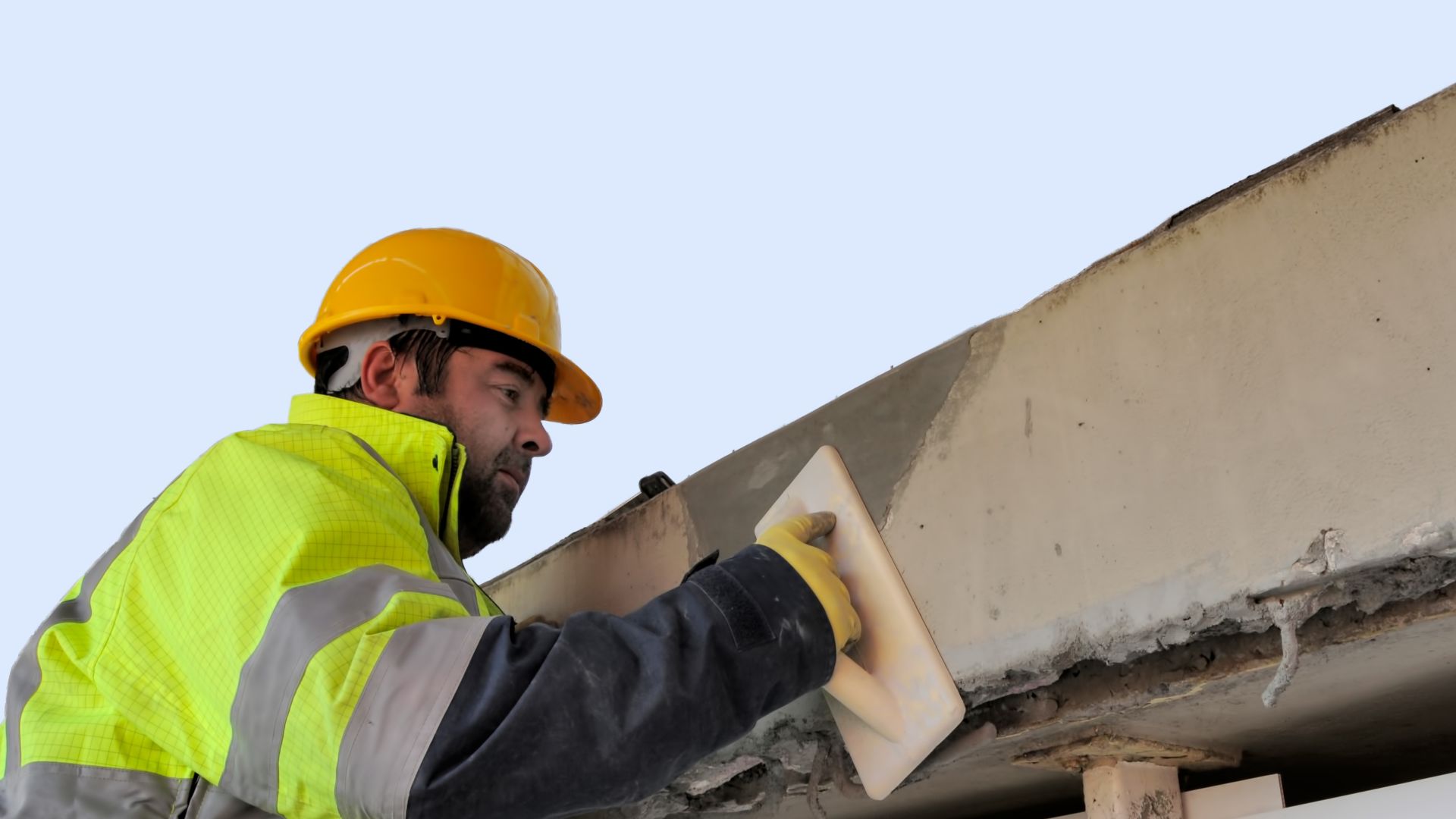Given the huge amount of concrete structures that surround us day to day, it is easy to take concrete for granted and how it enables us to live the lives we do in our evolving urban landscapes. Just like us, concrete needs to be maintained. It is affected by the stresses and strains of everyday life.
Deterioration of concrete may happen due to corrosion, structural damage, water infiltration, seismic activity or a multitude of other reasons. Years of research plus decades of practical experience have enabled Sika to develop a fully comprehensive solution to restore and rehabilitate concrete structures. Sika customer advice and support is second to none, from concept to successful completion on site. This is all based on more than 100 years of experience on large and small projects all over the world.
*The International Concrete and Repair Institute (ICRI) has awarded program honors and recognized outstanding projects in the concrete repair industry since 1997.
Key Causes of Concrete Failure and Why to Fix It
Deterioration of concrete is largely due to:
Chemical degradation, e.g. chemical exposure, alkali aggregate reactions, bacterial action
Corrosion of the reinforcement steel, e.g. carbonation, chlorides, stray electrical current
Mechanical attack, e.g. impact, overloading, movement, earthquake, explosion
Physical damage, e.g. freeze/thaw action, thermal movements, shrinkage, abrasion, wear
Underlying contributors, e.g. poor construction, design faults, lack of maintenance
Reasons for concrete repair:
Replace defective concrete
Restore structural integrity
Restore aesthetic appearance
Restore geometric appearance
Restore durability
Products and Systems for Patching Applications
Repair and renovation of concrete buildings and infrastructure is an important process – it helps us to provide a sustainable approach to building – prolonging the life of a structure and preventing demolition and reconstruction. The choice of the appropriate rehabilitation strategy, based on the root cause of concrete failure, can also significantly improve the overall performance of a structure. Sika has a wide portfolio of products and systems to solve many concrete repair needs.
Corrosion protection and bonding primers are used for bonding concrete repair mortars to existing cementitious or steel substrates and providing additional corrosion protection to reinforcement steel, especially in areas of low concrete cover and in the presence of chlorides. Exposed reinforcement steel bars should be properly prepared and protected with anti-corrosion slurry to further enhance the repair process.
Advantages:
- Ready to mix, easy to apply
- Adjustable consistency
- Active corrosion inhibitors for added protection
- Can be sprayed or manually applied
Repair mortars are specifically designed for restoring or replacing the original profile and function of the damaged concrete. They help to repair concrete defects, improve appearance, restore structural integrity, increase durability and extend the structure’s longevity.
Sika concrete repair mortars are suitable for restoration work, repair of spalling and damaged concrete in all types of structures including buildings, bridges, infrastructure and super-structures.
Advantages:
- Easy to mix and apply
- Pre-bagged for quality, just add water
- High mechanical properties
- Can be overcoated with Sika leveling mortars
- Can be sprayed or manually applied
- Pure cement-based, cementitious, polymer-modified and epoxy-based repair mortar materials available
When concrete needs to be coated or levelled, special mortars are necessary to fill the surface pores. Sika pore fillers and leveling mortars are thin layer renders designed to repair minor defects, such as repairing pores and honeycombed concrete.
Advantages
- Easy to mix and apply
- Pre-bagged for quality, just add water
- Can be overcoated with Sika protection coatings
- Can be sprayed or manually applied
The most common causes of steel reinforcement corrosion in concrete are caused by carbonation or chloride ingress with water. Understanding the root cause of steel corrosion determines the most effective repair and protection strategy.
Sika provides a full range of products to prevent further corrosion of steel reinforcement by properly protecting the concrete around it. Our corrosion management systems allow flexibility to select the most cost effective, suitable solutions for your project’s needs.
Sika’s Patching Solutions Have Many Benefits
- We provide all necessary products for the technically correct repair and protection of concrete.
- Special products and systems are available for use across many types of structures and for concrete repair in different application, climate and exposure conditions.
- Sika provides extensive independent testing with relevant approvals and certificates for all materials. This provides maximum confidence for everyone involved in these challenging projects.
- Our solutions are fully in accordance with principles and methods defined in European Standards EN 1504. These include systems to repair damage and defects in the concrete and also to repair damage caused by steel reinforcement corrosion.

